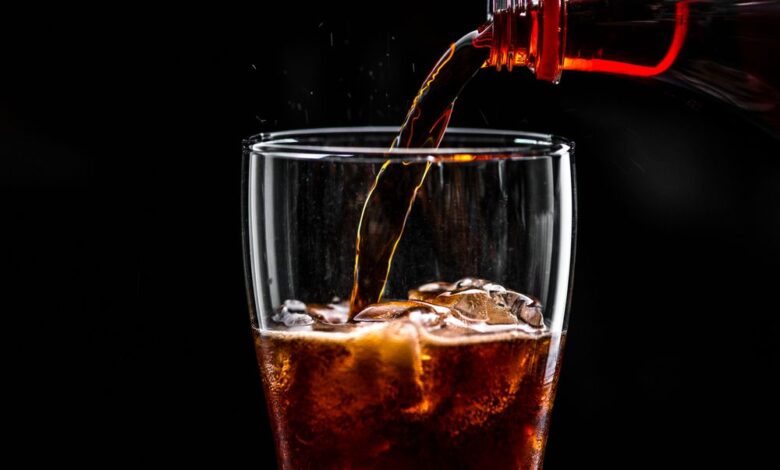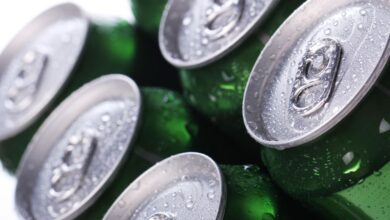Analyzing the Q2 Earnings Impact on the Beverage and Alcohol Industry

$CELH
Recent quarterly financial disclosures reveal diverse results within the beverage and alcohol sector, highlighting the industry’s dynamic nature. This analysis examines the performance of key companies, including Vita Coco (NASDAQ: COCO), Celsius (NASDAQ: CELH), Boston Beer (NYSE: SAM), Coca-Cola (NYSE: KO), and Molson Coors (NYSE: TAP), focusing on how consumer trends, market challenges, and strategic positioning influence their financial outcomes.
Vita Coco, a company known for its coconut water products and publicly traded since 2021, reported revenues of $144.1 million for the quarter, reflecting a 3.2% year-over-year increase. This result aligned with analyst expectations, despite facing logistical issues such as ocean freight delays impacting inventory levels. Although it exceeded operating margin estimates, Vita Coco provided the weakest full-year guidance among its peers, potentially affecting its future market strategy.
In contrast, Celsius delivered a strong performance with a 23.4% revenue increase to $402 million, surpassing expectations by 2.4%. The company’s success is attributed to its MetaPlus formula-based energy drinks, catering to rising consumer demand for fitness and weight management solutions. Despite this strong performance, its stock has declined by 11.4% since the earnings report, suggesting a potential disconnect between earnings results and market expectations.
Boston Beer faced a challenging quarter, with revenues decreasing by 4% to $579.1 million, missing analyst projections by 3.1%. Known for its innovative approach in the craft brewing industry, the company’s performance reflects competitive pressures and shifting consumer preferences. Interestingly, its stock saw a slight increase of 3.4%, indicating investor confidence in its long-term potential despite current setbacks.
On a more positive note, Coca-Cola and Molson Coors reported strong quarters. Coca-Cola’s revenues grew by 2.9% to $12.31 billion, exceeding expectations by 4.8%, driven by its iconic carbonated drinks and effective market strategies. Molson Coors also performed well, with stable revenue of $3.25 billion, surpassing forecasts by 2.2%, supported by its diverse beer brand portfolio and established market presence. Both companies saw their stocks rise post-earnings, with Coca-Cola up by 12.6% and Molson Coors by 11%.
This quarter’s performance in the beverage and alcohol industry underscores the complex interplay of innovation, consumer behavior, and strategic agility. Companies that effectively adapt to consumer trends and navigate market challenges are better positioned to sustain growth and profitability. As these companies move forward, their ability to innovate and align with shifting consumer preferences will likely be crucial to their market standing and financial health.
**DISCLAIMER: THIS CONTENT IS FOR INFORMATIONAL PURPOSES ONLY AND SHOULD NOT BE INTERPRETED AS INVESTMENT ADVICE. INVESTING INVOLVES RISK, INCLUDING THE POTENTIAL LOSS OF PRINCIPAL. READERS ARE ENCOURAGED TO CONDUCT THEIR OWN RESEARCH AND CONSULT WITH A QUALIFIED FINANCIAL ADVISOR BEFORE MAKING ANY INVESTMENT DECISIONS.**



